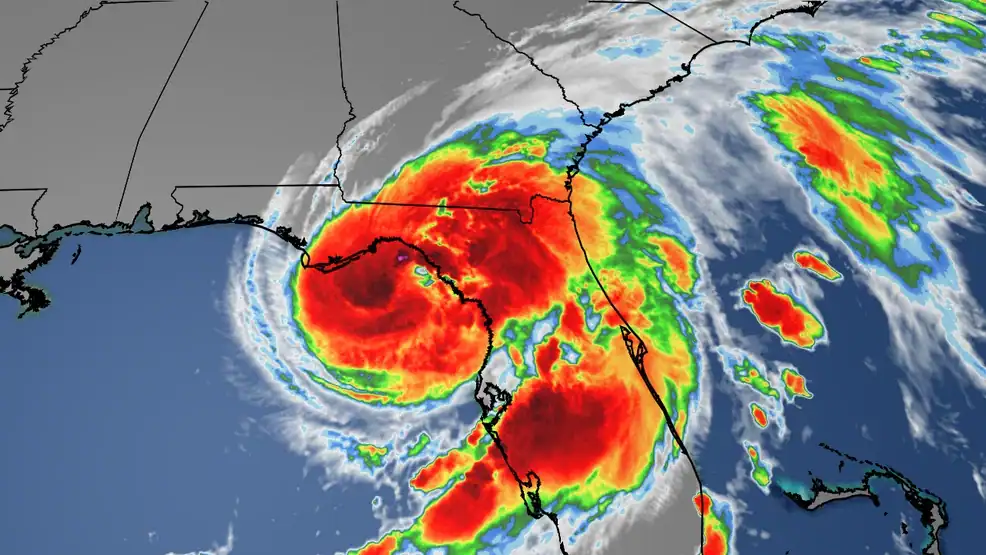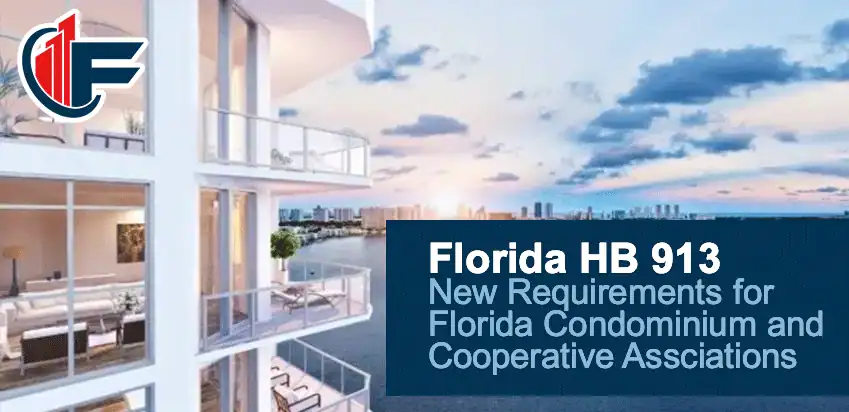What is a Reserve Study for Miami and Fort Lauderdale Condos?
A reserve study is a financial planning tool that evaluates a condo’s major components—roofs, balconies, seawalls, HVAC systems—and projects future repair or replacement costs. It serves as your condo’s long-term budget, ensuring funds are available without relying on costly special assessments that burden residents.In Miami and Fort Lauderdale, reserve studies are essential due to unique local factors:
- Hurricane Vulnerability: South Florida’s exposure to Atlantic hurricanes increases risks of wind, flood, and storm surge damage.
- Coastal Corrosion: Saltwater and humidity accelerate deterioration of concrete, rebar, and mechanical systems.
- SIRS Mandates: Florida requires SIRS for condos three stories or taller by December 31, 2024, with strict enforcement in Miami-Dade and Broward.
FPAT’s Miami-Fort Lauderdale-focused reserve studies, crafted by our South Florida team, address these challenges, delivering 30-year funding plans compliant with state regulations. Want to learn more about the process? Visit our Reserve Study Process page.
Why Miami and Fort Lauderdale Condos Need Reserve Studies
The Miami-Fort Lauderdale condo market, with over 50,000 units across Miami-Dade and Broward Counties (per 2025 real estate data), faces pressures that make reserve studies critical:
- Hurricane Impacts: The 2024 hurricane season caused $1.2 billion in South Florida property damage, per NOAA estimates, overwhelming unprepared condos.
- Aging Infrastructure: Over 40% of Miami and Fort Lauderdale condos are 30+ years old, requiring frequent repairs, especially post-Champlain Towers collapse.
- SIRS Compliance: Florida’s Senate Bill 4-D mandates SIRS for high-rise condos, affecting 80% of Miami-Dade’s condo inventory.
- Market Expectations: South Florida’s competitive condo market demands well-maintained properties to preserve value and attract buyers or renters.
Without a reserve study, Miami and Fort Lauderdale condos risk fines, financial instability, and declining property values. FPAT’s expertise ensures compliance and resilience, as outlined on our Condo Reserve Studies in Florida page.
Reserve Study Requirements for Miami and Fort Lauderdale Condos
Florida’s reserve study regulations, enforced by the Florida Department of Business and Professional Regulation (DBPR) under Chapter 718, apply to Miami and Fort Lauderdale condos. Here’s what you need to know:Structural Integrity Reserve Study (SIRS):
- Who: Condos three stories or taller, prevalent in Miami’s Brickell, Downtown, and Fort Lauderdale’s Las Olas areas.
- What: Evaluates critical components: load-bearing walls, roofs, balconies, seawalls, and fire suppression systems.
- When: Must be completed by December 31, 2024, with updates every 10 years.
- Reporting: Notify unit owners and the state within 45 days, with records maintained in a state database starting January 1, 2025.
Annual Reserve Funding:
- Associations must fully fund reserves for SIRS components, with no waivers permitted as of 2025.
- For a 75-unit Miami condo, this could mean $75,000 annually for balcony repairs, based on 2025 cost projections.
Component Inventory:
- Includes all major systems (e.g., elevators, chillers), with lifespans and costs adjusted for South Florida’s coastal climate.
Non-compliance can lead to fines up to $15,000 and legal action, especially in Miami-Dade’s strict regulatory environment. FPAT’s SIRS-compliant studies, detailed on our Structural Integrity Reserve Studies (SIRS) in Florida page, ensure your condo meets these requirements.
Miami and Fort Lauderdale-Specific Challenges
Miami and Fort Lauderdale condos face distinct conditions that shape reserve study needs:
- Hurricane and Storm Surge Risks: Miami-Dade and Broward face 20% higher repair costs than the state average due to frequent storms, per 2025 insurance data.
- Saltwater Corrosion: Condos in Miami Beach and Fort Lauderdale’s beachfront areas experience rebar corrosion, reducing structural lifespans by 25%, per Florida engineering studies.
- Urban Density: Rapid growth in areas like Miami’s Edgewater and Fort Lauderdale’s Downtown strains aging infrastructure, requiring robust maintenance plans.
- Resident Demographics: South Florida’s diverse condo communities, including retirees and international owners, demand affordable, transparent funding to avoid disputes.
A Miami or Fort Lauderdale condo without a reserve study risks budget shortfalls, legal penalties, and resident dissatisfaction. FPAT’s inspections account for these local factors, as highlighted on our Reserve Study Services in Miami, FL and Reserve Study Services in Fort Lauderdale, FL pages.
How FPAT Meets Miami and Fort Lauderdale’s Reserve Study Needs
FPAT, with deep roots in South Florida, delivers customized reserve studies for Miami and Fort Lauderdale condos:
- Local Expertise: Our team understands South Florida’s climate, regulatory landscape, and post-Surfside safety concerns, boasting a 96% client satisfaction rate.
- SIRS Compliance: We ensure your study meets Florida’s 2024 deadlines, covering all mandated components.
- Thorough Inspections: Using CAI-certified methods, we assess risks like storm damage and corrosion specific to Miami and Fort Lauderdale.
- Transparent Funding Plans: Our 30-year plans prevent special assessments, saving South Florida clients an average of $100,000 in 2024.
- Board Support: We guide your board through compliance and implementation with clear presentations.
Our Case Study: How FPAT Helped a Miami Condo Meet SIRS Compliance demonstrates how we saved a Brickell condo $60,000 in penalties.
The Reserve Study Process for Miami and Fort Lauderdale Condos
FPAT’s streamlined process ensures a hassle-free experience:
- Free Consultation: Discuss your condo’s needs with our South Florida experts.
- On-Site Inspection: We evaluate components like seawalls and cooling towers, focusing on Miami-Fort Lauderdale’s coastal risks. A 150-unit condo may take 8–10 hours.
- Detailed Reporting: Receive a visual report with cost projections and SIRS-compliant funding plans.
- Ongoing Support: We assist with board presentations and follow-ups.
Explore details on our [Reserve Study Process] page or read What to Expect During a Reserve Study Inspection for more insights.
Benefits of a Reserve Study for Miami and Fort Lauderdale Condos
A tailored reserve study offers:
- SIRS Compliance: Avoid fines and prioritize resident safety.
- Financial Stability: Prevent special assessments, as detailed in our [Avoiding Special Assessments: A Guide for Florida Condos].
- Property Value: Maintain aesthetics and functionality to boost marketability in South Florida’s competitive market.
- Resident Trust: Transparent planning fosters owner satisfaction.
Our Top 5 Reasons to Get a Reserve Study in Florida blog elaborates on these advantages.
Case Study: Saving a Fort Lauderdale Condo from Non-Compliance
Take Action: Meet Miami and Fort Lauderdale’s Reserve Study Requirements Today
Conclusion
Reserve studies are critical for Miami condo associations, ensuring compliance with SIRS, milestone inspections, and new 2025 laws like HB 913. With Miami’s humid subtropical climate, elevated hurricane risks, and booming condo market, proactive planning is essential. As a leading reserve study company in Miami, FPAT is here to help your association navigate these requirements and secure its future. Contact us today to schedule your reserve study. For more information, visit our Miami Reserve Study Services page.







